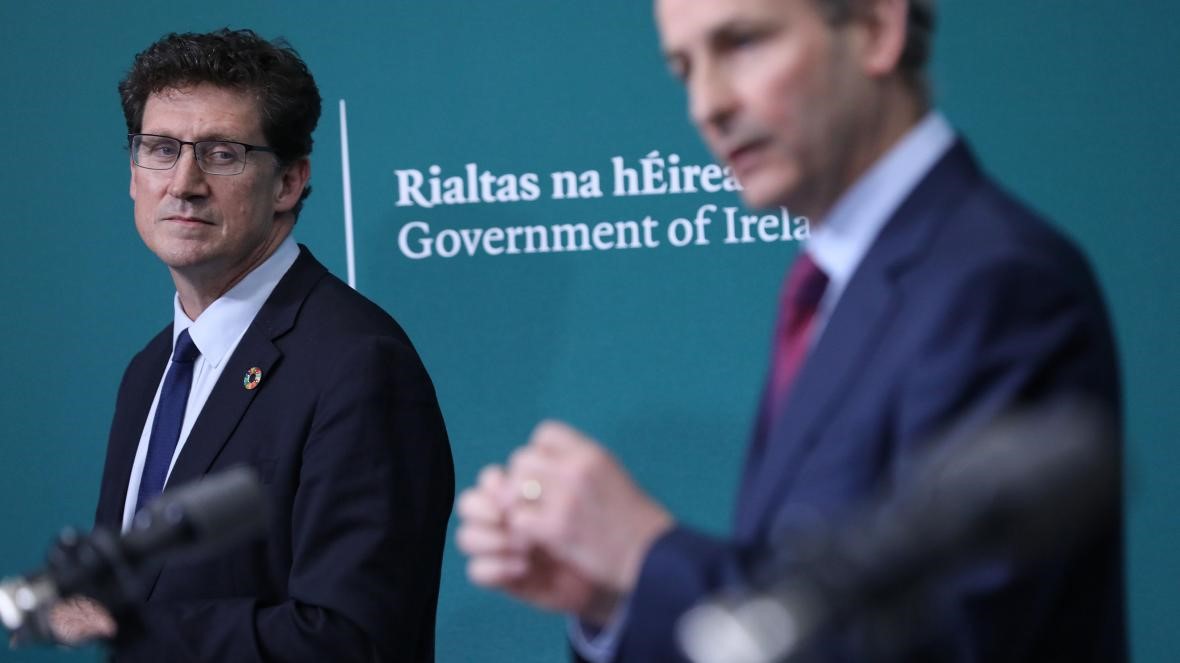Government publishes the Climate Action Bill

The Government has approved the final text of legislation to set Ireland on the path to “Net Zero” emissions no later than 2050, and to a 51% reduction in emissions by the end of this decade.
The Climate Action and Low Carbon Development (Amendment) Bill will now progress through the Houses of the Oireachtas as priority legislation.
The Key Highlights of the Bill are as follows:
- The Bill embeds the process of setting binding and ambitious emissions-reductions targets into law.
- The Bill provides for a national climate objective, which commits to pursue and achieve no later than 2050, the transition to a climate resilient, biodiversity-rich, environmentally-sustainable and climate-neutral economy.
- The Bill provides that the first two five-year carbon budgets proposed by the Climate Change Advisory Council should equate to a total reduction of 51% over the period to 2030, relative to a baseline of 2018.
- The role of the Climate Change Advisory Council has been strengthened, enabling it to propose carbon budgets to the Minister for the Environment, Climate and Communications.
- The Government must adopt carbon budgets that are consistent with the Paris agreement and other international obligations.
- All forms of greenhouse gas emissions will be included in the carbon budgets. It is up to Government to decide on the trajectories for different sectors including agriculture. The Bill requires the Government to have regard for “the special economic and social role of agriculture, including with regard to the distinct characteristics of biogenic methane”.
- The Government will determine, following consultation with each Government Department, how to apply the carbon budget across the relevant sectors, and what each sector will contribute in a given five-year period.
- Actions for each sector will be detailed in the Climate Action Plan which must be updated annually. Public consultations have been launched with respect to the 2021 Climate Action Plan.
- Government Ministers will be responsible for achieving the legally-binding targets for their own sectoral area with each Minister accounting for their performance towards sectoral targets and actions before an Oireachtas Committee each year.
The new Bill is a landmark piece of legislation that will have a profound impact on Irish agriculture, given that the sector contributes up to one third of Ireland’s national greenhouse gas emissions. Without a doubt, the minimum contribution by the agricultural sector to the ambitious 51% reduction in emissions by 2030 will be the full implementation of the Ag Climatise Roadmap, which sets out a 10-15% reduction in emissions for the sector.
The preparation of the 2021 Climate Action Plan will involve a public consultation aimed at citizens and is inviting everyone to join the Climate Conversation. The Government is also asking climate scientists, experts and industry to share their data-based technical proposals to support the development of the Plan. ICOS intends to fully contribute to these important public consultations before 18th May deadline.
Eamonn Farrell – Agri Food Policy Executive